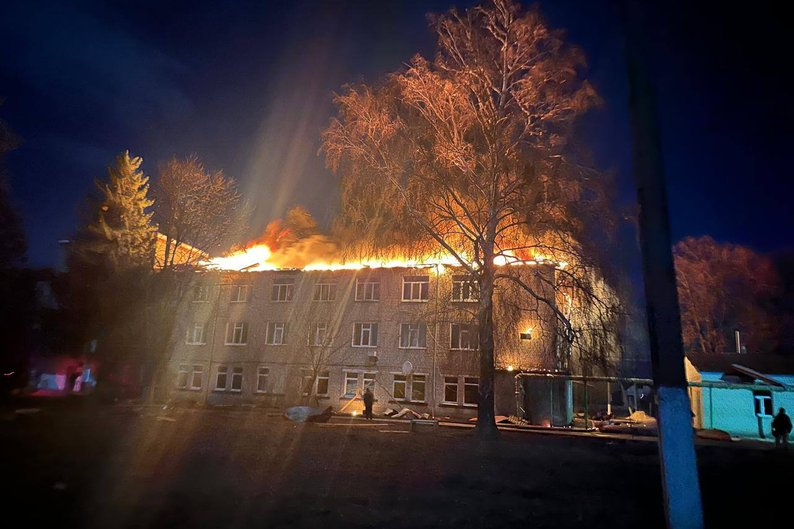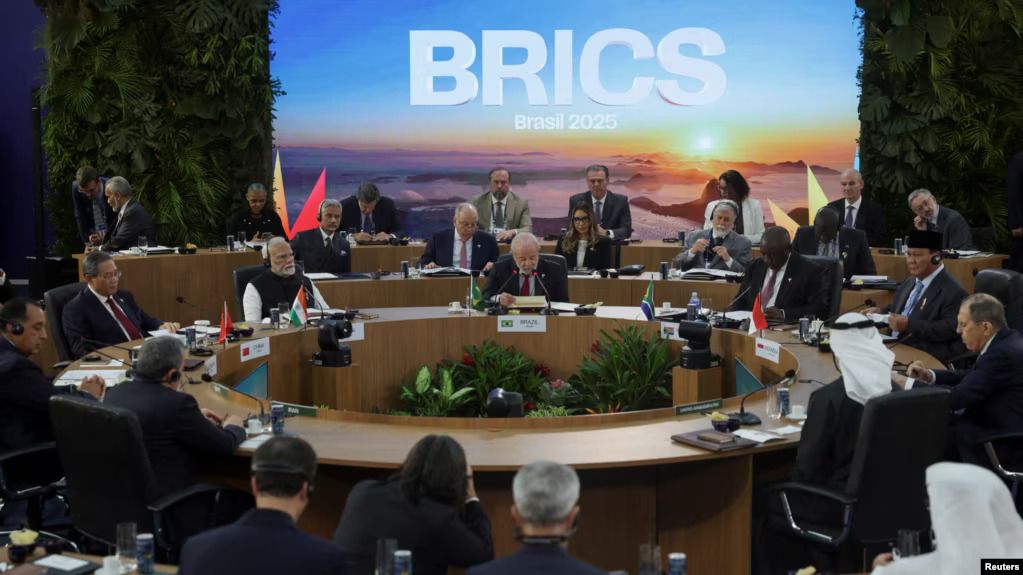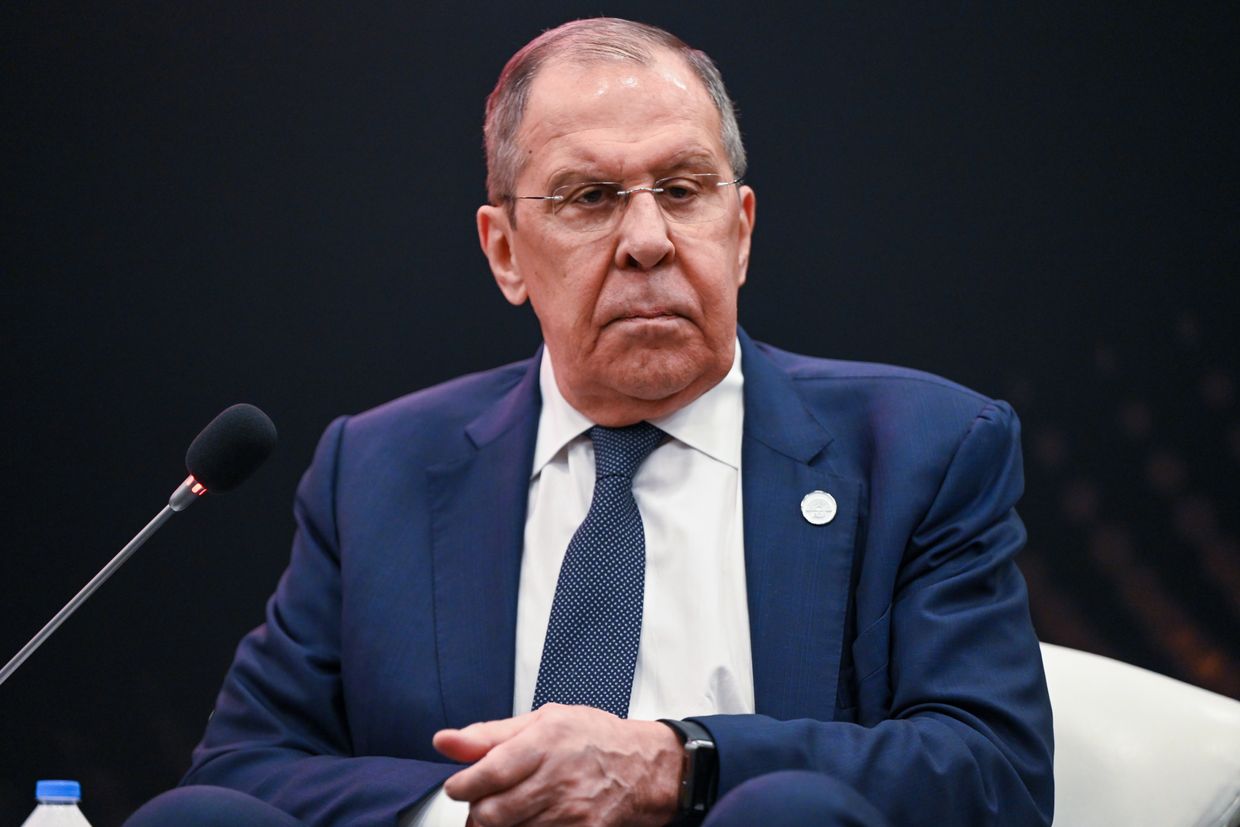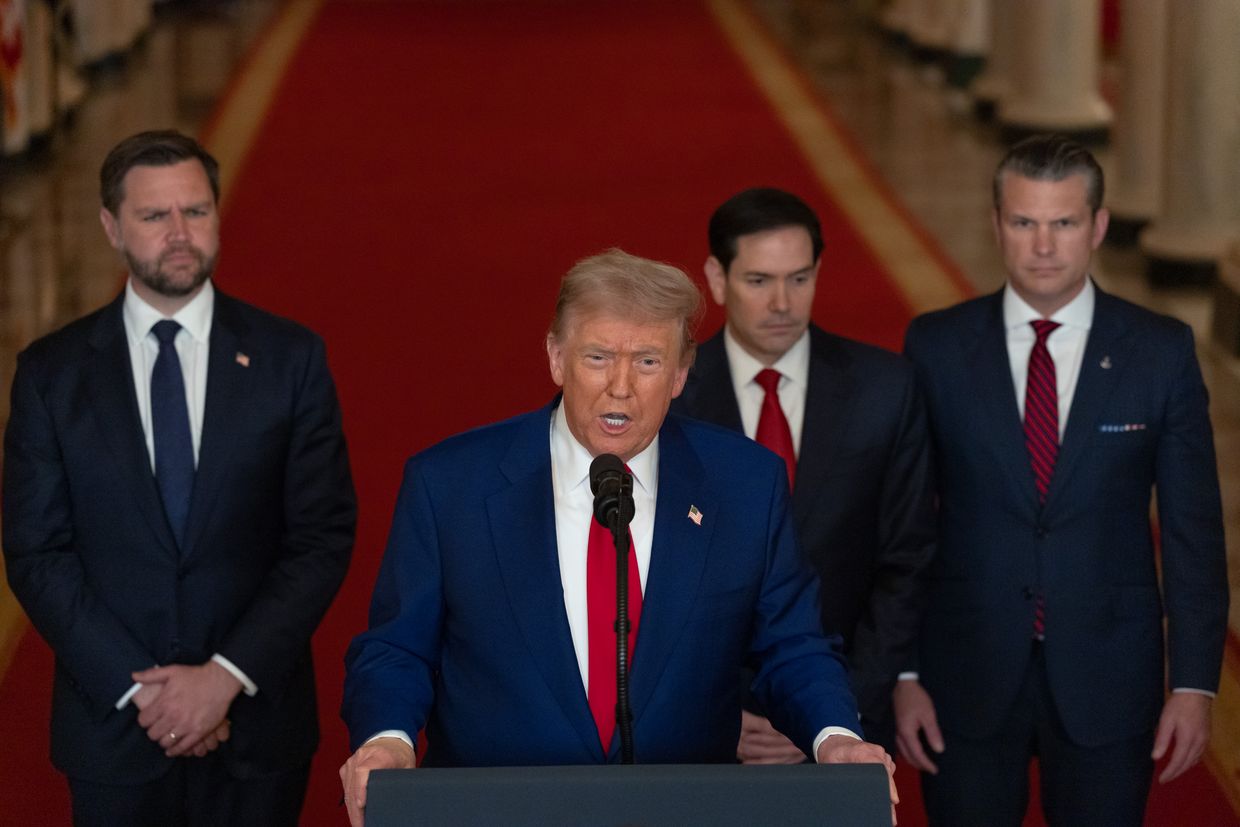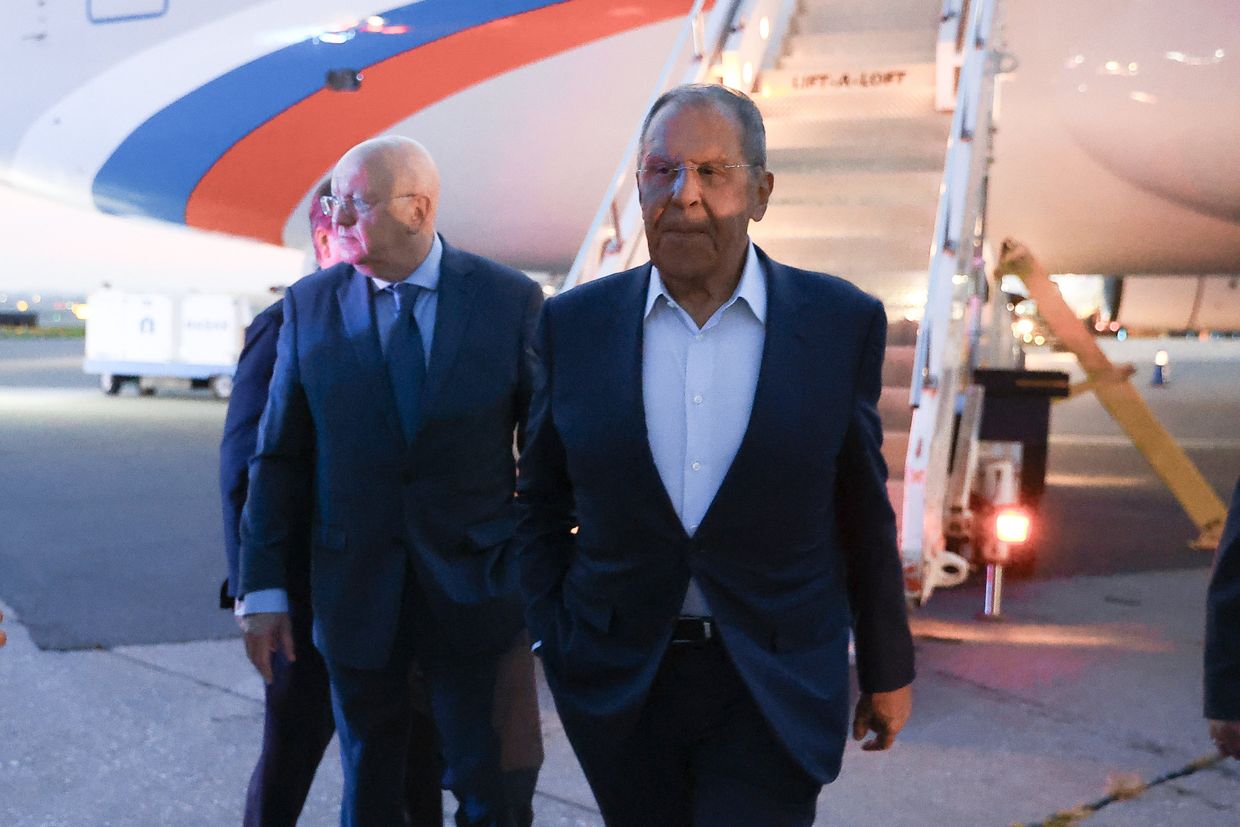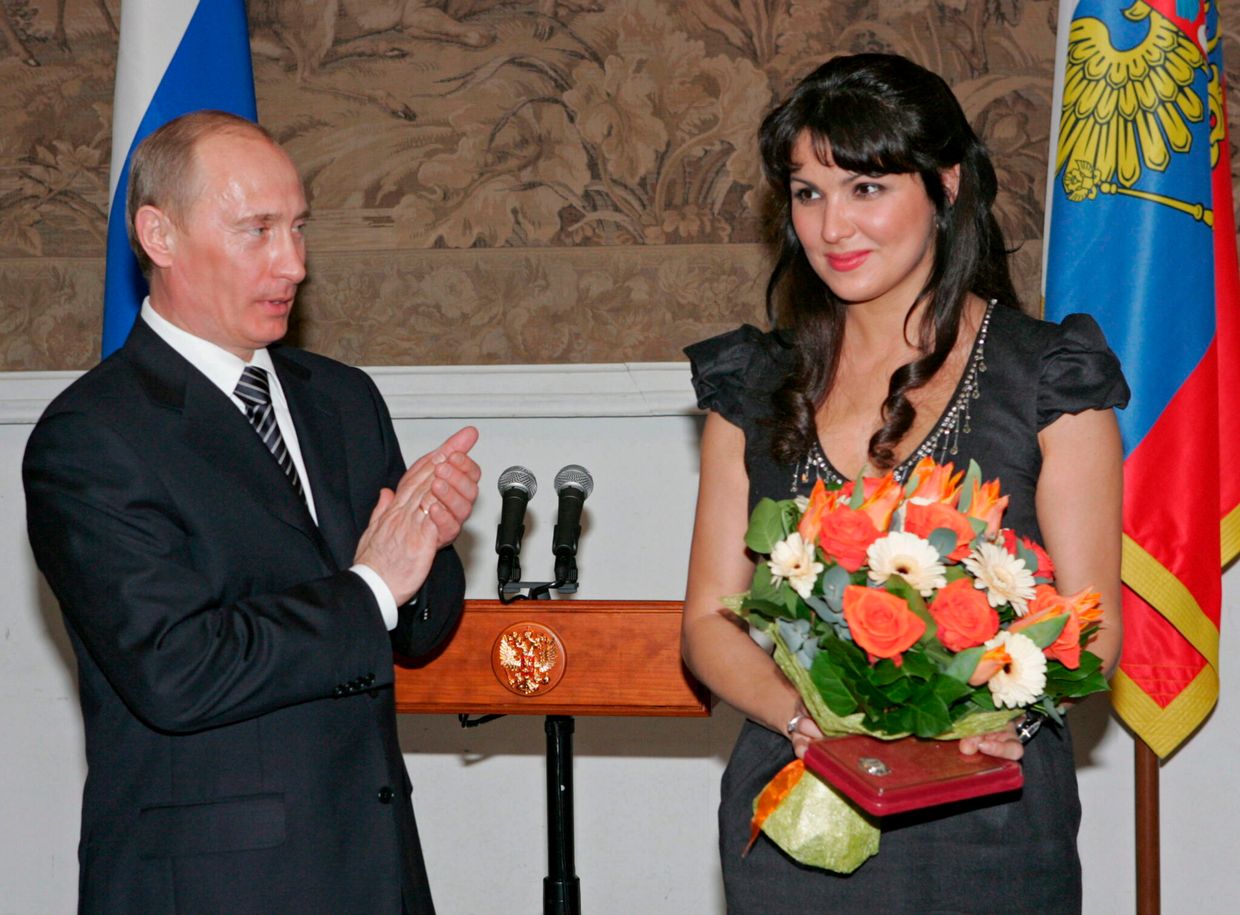ISW: Moscow rolls out recycled lies and nuclear bluster to split NATO and halt US aid for Ukraine
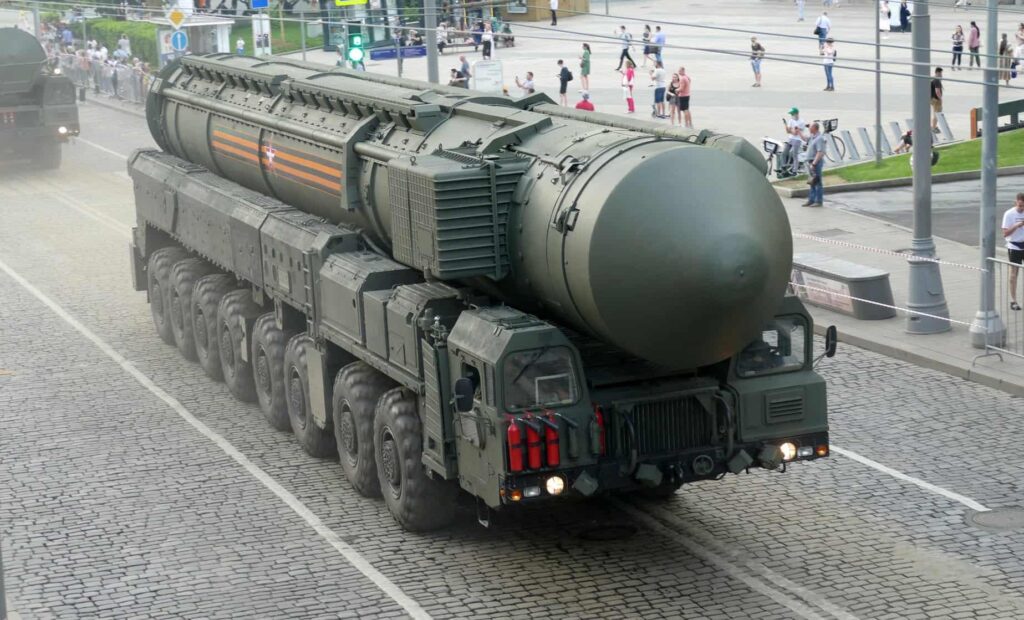
Moscow’s recycled lies and nuclear bluster aim to fracture NATO and halt US aid for Ukraine, the Institute for the Study of War (ISW) reported on 16 July. The Kremlin is reviving old narratives, including nuclear threats and faux diplomacy, in a coordinated information campaign targeting the United States’ renewed commitment to Ukraine and NATO.
Kremlin revives nuclear threats to pressure NATO
ISW says that the Kremlin is “recycling several longstanding informational narratives, including nuclear threats, in a renewed effort to break the United States away from Ukraine and the NATO alliance.”
On 16 July, Kremlin Spokesperson Dmitry Peskov stated that all provisions of Russia’s nuclear doctrine remain active. He emphasized that nuclear powers must not “incite” non-nuclear states and warned that nuclear countries must “answer” for such incitement.
Russia had updated its nuclear doctrine in fall 2024, introducing a clause suggesting that aggression by a non-nuclear country backed by a nuclear power may be treated as a joint attack on Russia.
Blaming the West for Moscow’s war
Responding to a question about Trump’s push for increased NATO military aid to Ukraine, Peskov claimed that “Europeans maintain a rabid militaristic attitude towards Moscow.“
Russian Foreign Minister Sergei Lavrov echoed this approach, stating on 15 July that Moscow’s illegal invasion of Ukraine aims to eliminate “the threats that NATO has created” on Russia’s borders.
ISW highlights that these narratives have remained constant throughout the war and are being revived to undermine unity between the United States and Europe.
Russia casts itself as the peacemaker
Amid the Western calls to force Moscow into meaningful negotiations to end the war, Peskov urged the international community to pressure Ukraine—not Russia, the aggressor country—into bilateral negotiations. ISW assesses this move as an effort to “falsely portray Russia as willing to negotiate while undermining Ukraine’s credibility.”
Strategy targets transatlantic unity
ISW notes that Russia is using the same “rhetorical line” that it has used throughout the war “to deter Western support for Ukraine, but has shifted its objective from preventing new support for Ukraine to reversing recent support” and to break the US from its NATO allies.
“The Kremlin is prioritizing informational campaigns aimed at undermining NATO unity and stoking discontent between the United States and its European allies in order to degrade Ukraine’s defense capabilities and achieve its longstanding war aims that amount to Ukraine’s capitulation,” ISW wrote.


